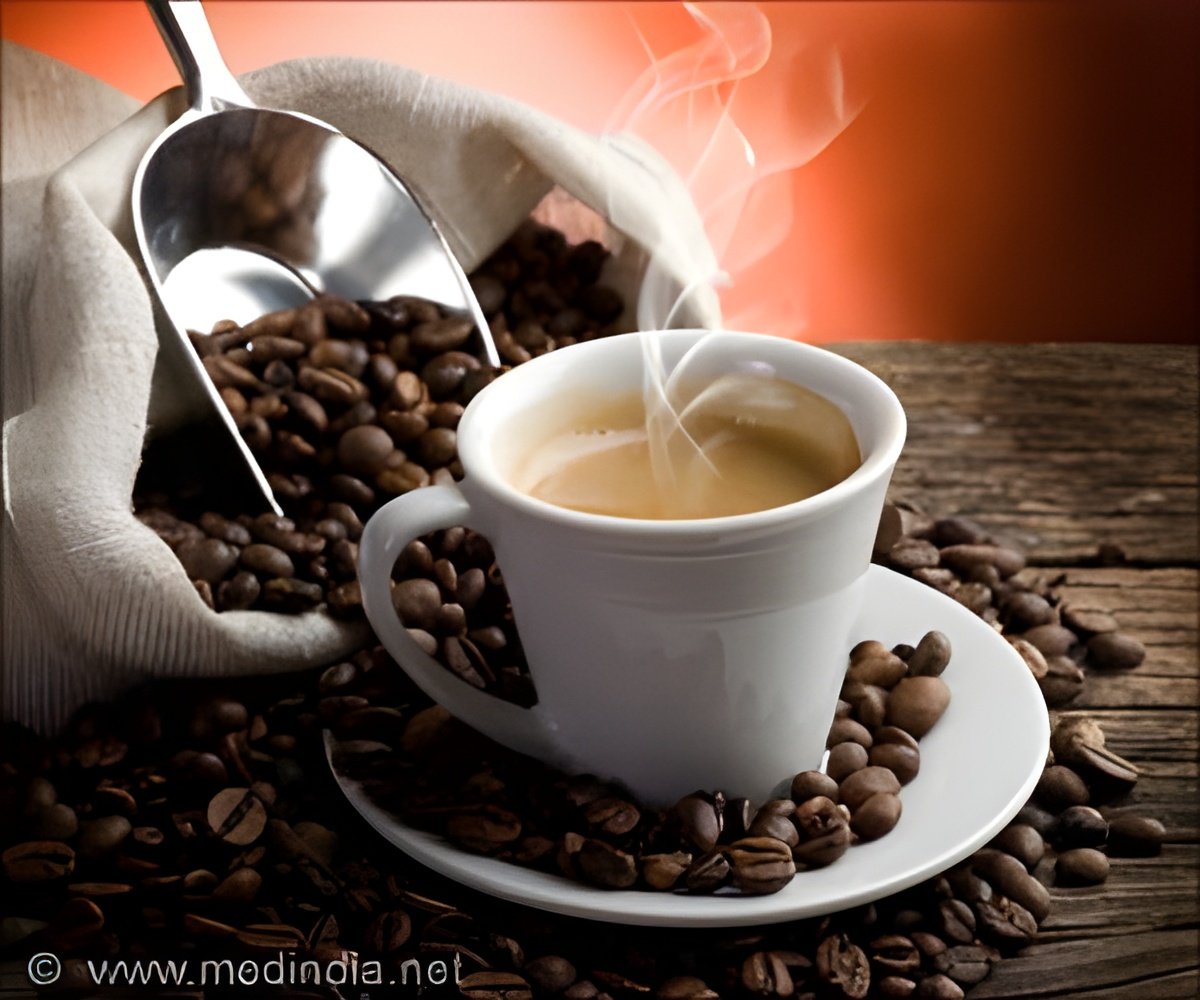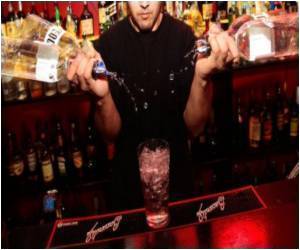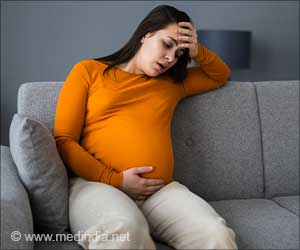Amount of caffeine used in sodas has gone down but the intake of caffeine in US children and teens has not been affected because of increase in consumption of caffeine-loaded energy drinks and coffee.

The study revealed that 73% of children take caffeine on a given day. In 1999, majority of caffeine intake (62%) came from soft drinks which came down to 38% by 2010. And consumption of coffee went up from 10% to 24%, while energy drinks that did not have any place in 1999, accounted for 6% of caffeine.
"You might expect that caffeine intake decreased, since so much of the caffeine kids drink comes from soda," said the study's lead author, Amy Branum, a statistician at the CDC's National Center for Health Statistics. "But what we saw is that these decreases in soda were offset by increases in coffee and energy drinks."
Dr. Marielys Rodriguez Varela, a paediatrician at Miami Children's Hospital, said caffeine is not good for our body as it increases heart beat, causes high blood pressure and anxiety. Varela said she is also concerned about how much the added sugar in coffee, soda and energy drinks will contribute to obesity.
The American Academy of Pediatrics says diet of a child or adolescent should not have any caffeine. Experts say children should drink water and moderate amounts of juice and not caffeinated drinks and exercise should be made a part of the habit in order to gain extra energy.
Source-Medindia










